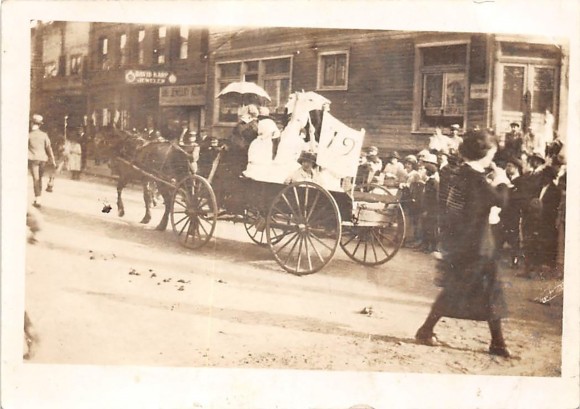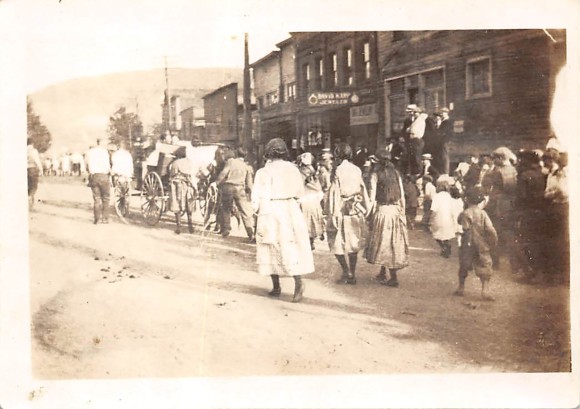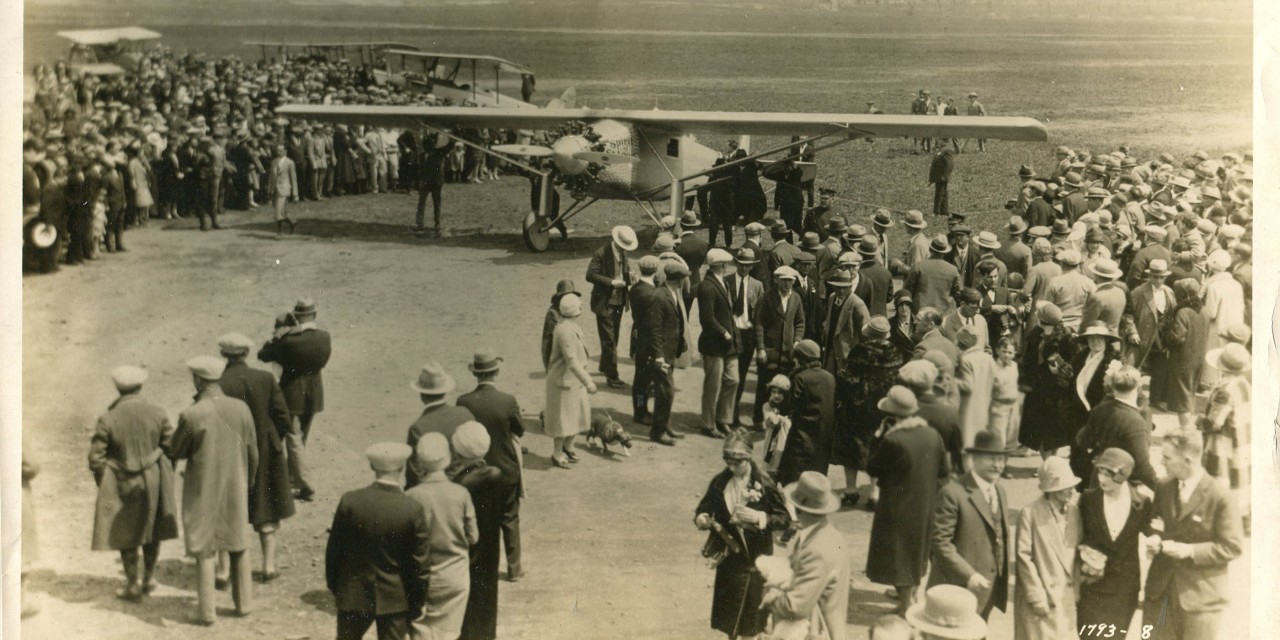Led by Barb Zaborowski, the National Endowment for the Humanities-funded Cambria Memory Project at Pennsylvania Highlands Community College is preserving Cambria County’s rich but increasingly vulnerable cultural and industrial heritage. The region was populated by waves of immigrants from Wales, Ireland, and Eastern Europe, who came to the area in the 19th and early 20th centuries to find work in coal and steel industries.


“The problem [today] is Cambria County’s aging population,” Zaborowski explains. “We have had steady outmigration of young people.” As a result, some items of cultural heritage are being taken out of the West Central Pennsylvania county, left behind with parents, and can be forgotten, and ultimately discarded.
“We were losing our history, so we applied for the NEH grant,” Zaborowski says.
The Cambria Memory Project included a series of community digitization days, during which community members were offered the opportunity to bring in their cherished family objects for digitization. Grant funds covered costs related to staffing, digitization equipment, and a series of public humanities programs that included lectures from local higher education institutions on the region’s history.
Digitization events offered community members the opportunity to preserve--and in some cases access for the first time in years--their most cherished family memories. Participants left with their objects scanned or photographed for preservation; copies were given to them on USB drives and posted on PA digital—the state’s hub of the Digital Public Library of America.
From the Cambria Memory Project to the Scan PA Project
Following the digitization events, three public libraries in Cambria County reached out to Zaborowski to collaborate digitizing their local history collections. Perceiving a need for scanning equipment in public libraries across the state, Commonwealth Libraries and the Philadelphia-based Hosting Solutions & Library Consulting (HSLC) helped the project launch statewide as Scan PA.
Scan PA equips every library district in Pennsylvania with the resources and expertise to digitize items of the commonwealth’s cultural heritage including photographs, letters, videos, and three-dimensional objects.
“We reached out to the district centers, and HSLC used their funding to put one set of equipment in district library centers in Pennsylvania,” Zaborowski says. “Anybody in the district could borrow it. Any public library, any historical society, anybody who wanted to digitize anything.”
Scan PA requires only that all scanned material be uploaded for posterity and public access to the PA digital, where they can be explored by all.
